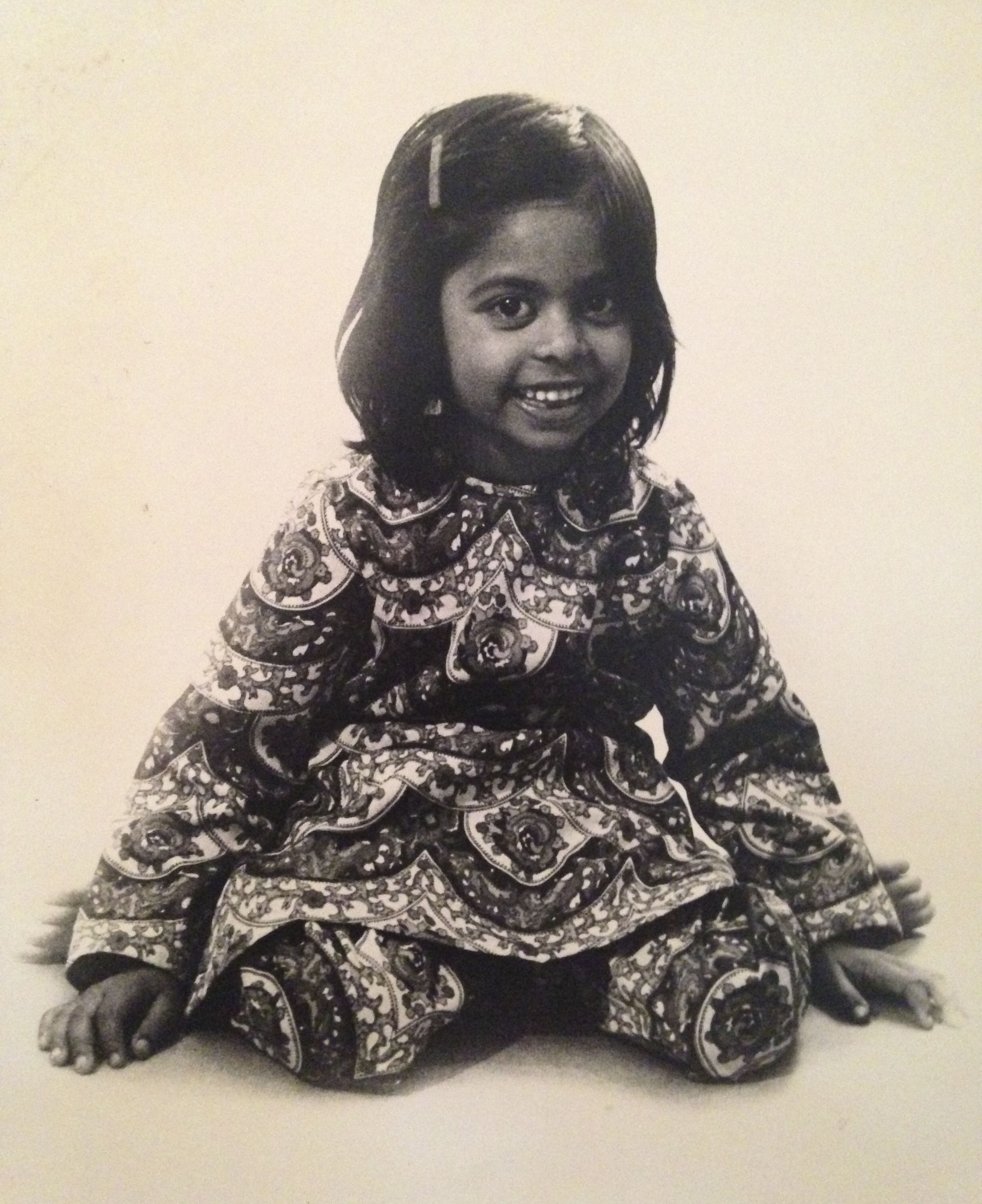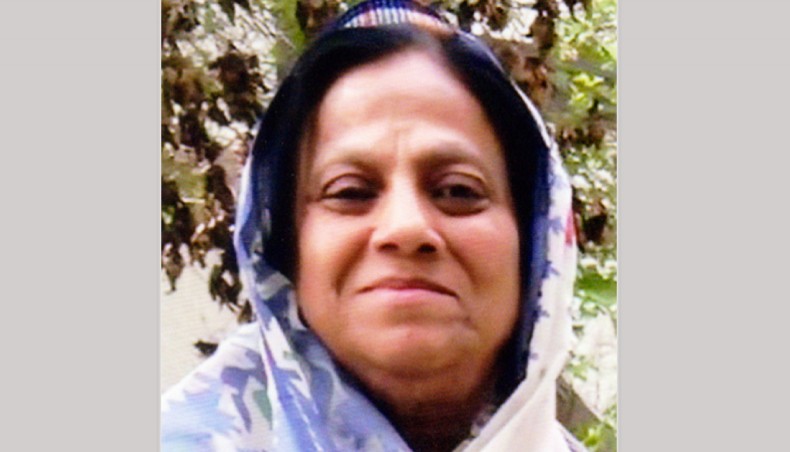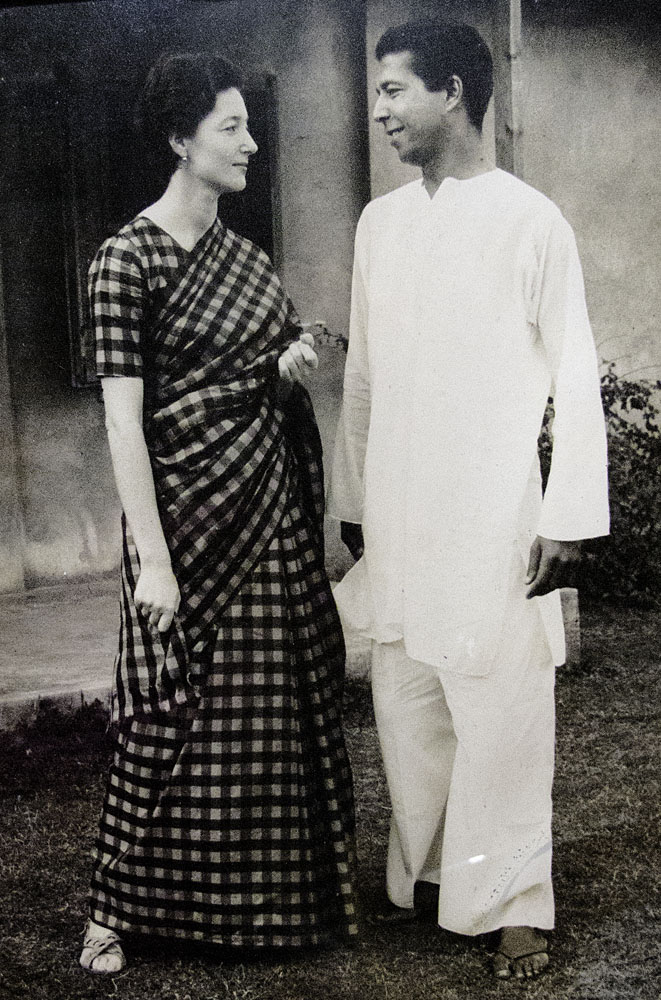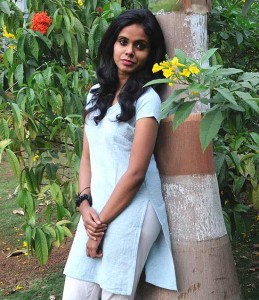
I had the wonderful privilege of spending one week next to Jane Nona?s bed at the Peradeniya Teaching hospital in Kandy. 75 year old Jane Nona?s statistics could well have been 15, 15, 15. The smallest 75 year old woman I must have ever seen. She had married when she was just 15. Very proudly she tells me about how she gave birth to six strapping baby boys and one girl, all in her own home. A midwife had come and cleaned her up and held burning coals on which medicinal herbs were thrown in, her only means of sanitization. ??He was tall, fair and very kind to me? she says about her husband who had died 15 years ago. ?I knew nothing when I married him, I was only a child. He knew so much more? That had been sufficient for her. She didn?t have any complaints about him, her life, her children, her economic status or her even her reason for coming to a hospital for the very first time in her life. Her grandchildren had forced her to have a check-up. She suspected something was wrong but had no idea what it was. ?I am ready to die but my grandchildren want me to stretch it some more? she says. I looked at her file. She had a prolapsed womb. A small repair was scheduled. She had never before needed to see a doctor and never stayed in a hospital even once in her 75 years. What a blessed life, I thought. I was a veritable live-in compared to her.
She was daunted by the procedures, the examinations, the numerous scans, blood tests, especially because the doctors were mostly male. ?I have no idea what they are telling me child, what on earth is a isscan? Can you come with me when he does it?? I check with doctor and he smilingly says ok. She was schoked he could see right inside her womb. ?If my husband was around and he knew I was doing all this he will jump in the well and die? she embarrassingly declared. We went through most of the tests together. This supposedly more educated and informed 41year old from the city, was learning so much more about life from Jane Nona than any other lessons she must have learned.





